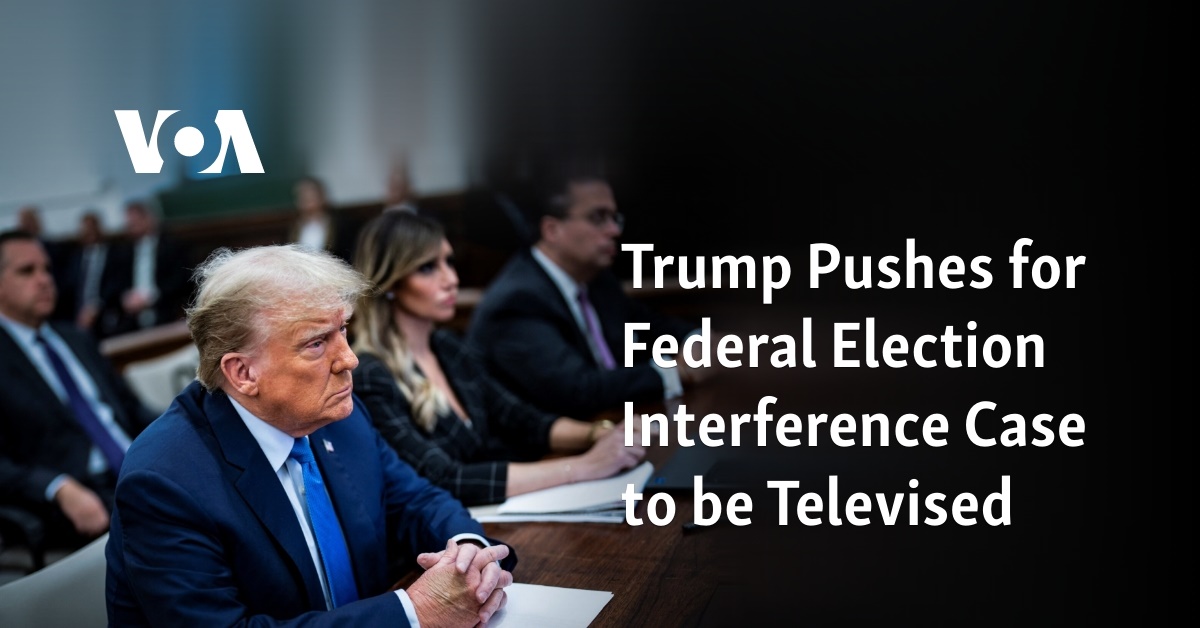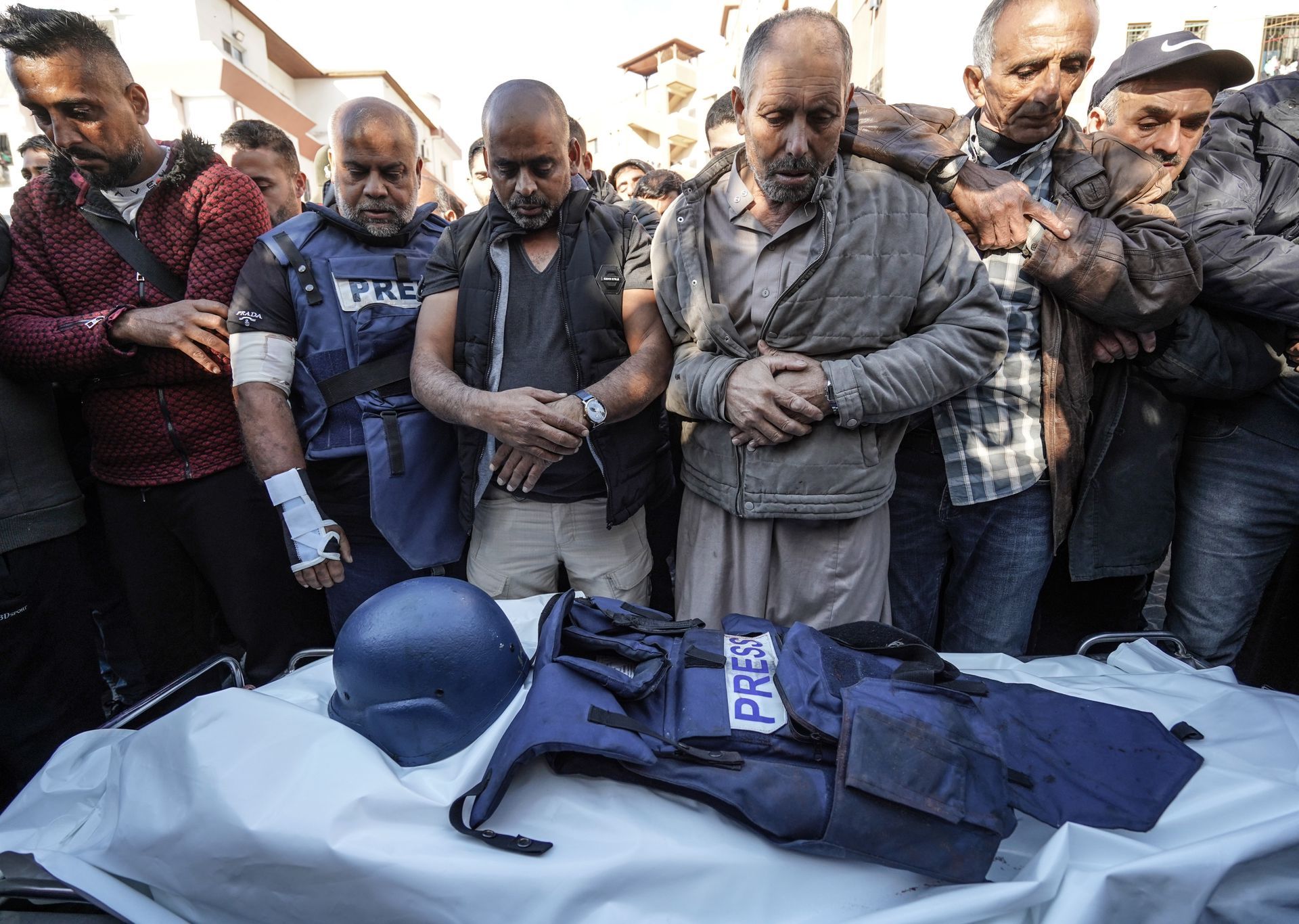
The Vatican’s recent declaration allowing the blessing of same-sex couples caused a stir around the world, but perhaps most of all in Africa, an emerging center of the Roman Catholic Church’s future. In statement after statement, bishops in several countries spoke of the fear and confusion the declaration had caused among their communities, saying it did not reflect the continent’s culture and values.
The bishops also harbored a deeper fear: that the declaration could slow the church’s expansion on the continent in a place where the church is growing faster than anywhere else in the world and where many forms of Christianity compete for believers.
Bishop John Oballa of the Ngong Diocese near Nairobi said a woman wrote to him saying a friend had told her he wanted to clarify the statement or he would convert to the Methodist Church.
“There is great vibrancy in many, many dioceses in Africa,” Bishop Oballa said in an interview. “We need to protect ourselves from anything that could derail this growth.”
He said he would advise his priests to give blessings to same-sex couples only if they sought God’s strength to help them “end life in same-sex unions.”
But if the couple simply wanted a blessing and planned to continue living as they were, “that can give the impression of recognition,” he said, adding that he would advise clergy “not to bless because it’s for may be scandalous to others – it may weaken the faith of others.”
This past week, The Vatican tried to appease These bishops were alarmed by the new rule, saying that consideration should be given to “local culture” but that it would remain church policy. Bishops who oppose the change, a statement said, should take a “prolonged period of pastoral reflection” to consider why the Vatican says blessing same-sex couples is consistent with church teaching .
Africa accounted for 236 million of the world’s 1.3 billion Catholics more than half of the 16.2 million people who joined the Church worldwide in 2021. As bishops and other church leaders on the continent grapple with the fallout from the declaration among their parishioners, broader concerns have been raised about whether it could create a rift between Pope Francis and a region that is a demographic bright spot for Catholicism.
“I think there’s already a rebellion that says, ‘We’re not going to implement this,'” said Father Russell Pollitt, director of the Jesuit Institute of South Africa, citing reactions from bishops across the continent.
Some African clergy said they expected the Vatican and church leaders in Africa to resolve their differences. But the statement has complicated the relationship and will lead to difficult conversations between the church’s central authority and its African leaders. Some bishops have even suggested a gap between the values of African nations and those of the West, where some clergy have for years violated Vatican guidelines by blessing same-sex unions.
“In our African context, while we are aware of the confusion that exists in more developed countries regarding new, un-Christian models of ‘marriage union’ and ‘lifestyles’, we are very clear about what family and marriage are,” he said it in a statement from the Conference of Catholic Bishops of Kenya.
Without exception, church leaders in Africa have stressed to their congregations that the declaration approved by Francis explicitly stated that marriage remains a union between a man and a woman. They emphasized that the church’s teaching on marriage has not changed and that the statement is about blessing individuals, not their relationships.
Bishops in there Malawi and Zambia have already said that to avoid confusion, their clergy would be instructed not to give blessings to same-sex couples. The Catholic Bishops’ Conference of Nigeria did not take a clear position on the issue, saying in a statement that “asking for God’s blessing does not depend on how good you are.” But it added that there is “no possibility in the church to bless same-sex partnerships and activities,” a nod to the nuance of the declaration to bless gay people rather than relationships.
The Catholic Bishops’ Conference of Southern Africa reiterated this distinction in its statement. But she went further, saying the church’s position is that “all people, regardless of their sexual orientation, must be treated with the dignity they deserve as children of God, made to feel welcome in the church.” and that they must not be discriminated against or harmed.”
The Vatican statement has highlighted a tension for the church in Africa: How can it welcome homosexuals without angering believers who stand firmly behind the church’s teaching that homosexuality is a sin?
Some African church leaders strongly believe they shouldn’t even talk about homosexuality “because it is un-African,” said Bishop Sithembele Sipuka of the Mthatha diocese in South Africa, who is also president of the South African Conference. Others felt different, he added, because they knew gay people personally. “We have not had the experience that this is what they got from Europe,” he said.
His conference interpreted the declaration to mean that people in same-sex relationships could be blessed, he said, but individually and not collectively.
Months before the Vatican’s statement, Bishop Martin Mtumbuka of Malawi’s Karonga diocese delivered a fiery sermon in which he accused Western pastors of trying to distort the word of God to accept homosexuals to a wider circle of priests and other religious people to attract professions.
“Any of us pastors who advocate this are just heretical and deluding ourselves,” Bishop Mtumbuka said, according to an audio recording of the sermon that was widely shared on social media following the Vatican’s statement.
Francisco Maoza, 48, a parishioner who lives in Malawi’s capital Lilongwe, said he was relieved when his country’s bishops said they would not allow blessings for same-sex couples.
“I still think the pope’s position is wrong,” said Mr. Maoza, a carpenter. “In the African context, even in Malawian culture, we do not allow men and women to marry people of their own gender. So why should priests be allowed to bless such unions?”
Another Catholic in Malawi, Josephine Chinawa, said she felt Francis had to resign because of the statement.
“I really couldn’t understand his motivation,” she said. “Maybe he’s too old.”
However, Father Pollitt said some church leaders in Africa were hypocritical. While they strongly criticize homosexuality, he said, they say little about other “irregular unions” mentioned in the Vatican statement, such as unmarried heterosexual couples living together. The document states that priests can also bless them. There have also been many cases on the continent of priests violating celibacy rules by giving birth to children, but this is not being scrutinized to the same extent by church leaders, he said.
“Let’s face the facts: there is a lot of homophobia in Africa,” Father Pollitt said.
It remains to be seen how the controversy surrounding the blessing of same-sex couples in Africa will have a long-term impact. Some analysts expect there will be very little tension in the end, especially because few gay couples are expected to actually ask for blessings.
“I don’t think they would have the courage to introduce their partners to their parents, let alone come to receive a blessing from the priest,” Bishop Oballa said.
Bishop Sipuka said the Vatican and African church leaders would eventually find a way forward.
“I may expect a softening of the position of some who have reacted very strongly as the document is explained and discussed,” he said.
Golden joints contributed to the reporting.






Recent Comments